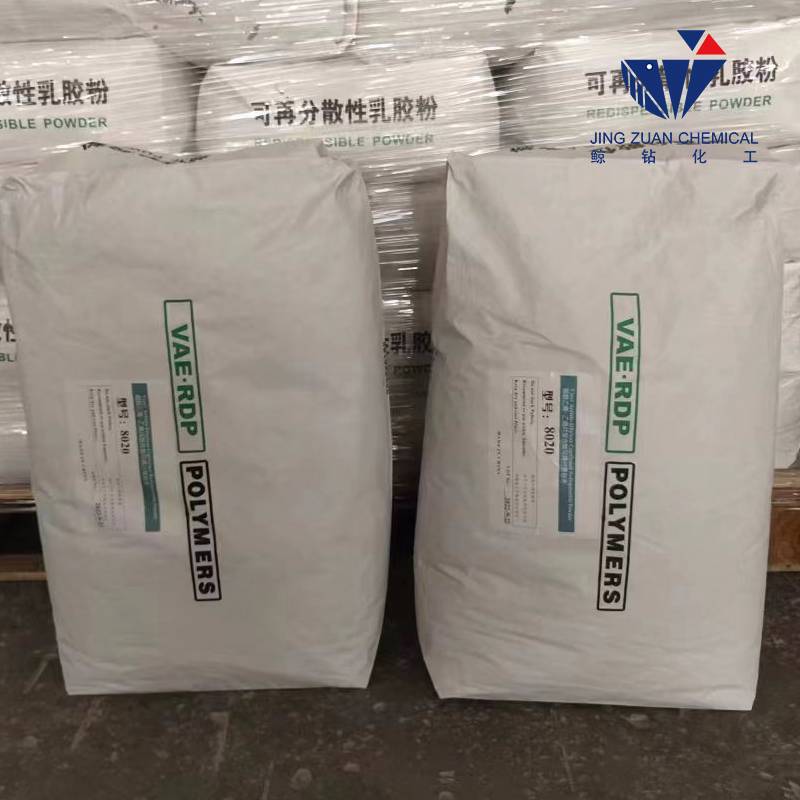
Dec . 03, 2024 11:41 Back to list
hydroxyethylcellulose natural
Understanding Hydroxyethylcellulose The Natural Multifunctional Polymer
Hydroxyethylcellulose (HEC) is a non-ionic, water-soluble polymer derived from natural cellulose. As a product that combines natural origins with versatile applications, HEC has gained considerable attention in various industries, particularly in cosmetics, food, pharmaceuticals, and construction. This article explores the properties, benefits, and applications of hydroxyethylcellulose, highlighting its significance as a natural additive.
What is Hydroxyethylcellulose?
Hydroxyethylcellulose is derived through the etherification of cellulose, a polysaccharide obtained from plant cell walls. During the manufacturing process, ethylene oxide is used to introduce hydroxyethyl groups into the cellulose structure, resulting in a compound that retains the natural characteristics of cellulose while gaining enhanced solubility in cold and hot water. The appearance of HEC is generally a white to off-white powder that is odorless and tasteless.
Properties of Hydroxyethylcellulose
HEC possesses unique physicochemical properties that make it an excellent choice for various applications
1. Viscosity Control Hydroxyethylcellulose is well-known for its ability to create and maintain viscosity in solutions. This property is essential in formulating thickened products such as gels, lotions, and creams.
2. Thickening Agent HEC effectively thickens formulations without imparting a greasy feel. This quality is particularly valuable in cosmetic and personal care products, providing stability and enhancing texture.
3. Stabilizing Agent The polymer serves as a stabilizer in emulsions, preventing the separation of oil and water components, ensuring product consistency and longevity.
hydroxyethylcellulose natural

5. Moisture Retention HEC is renowned for its water-retention capabilities, making it ideal for hydrating formulations in skin care products, where it helps maintain moisture levels in the skin.
Applications of Hydroxyethylcellulose
The versatile nature of hydroxyethylcellulose allows for its wide application across multiple industries
1. Cosmetics and Personal Care HEC is commonly used in products such as shampoos, conditioners, lotions, and creams. Its thickening and stabilizing properties enhance the texture and performance of these formulations, improving user experience.
2. Food Industry In food applications, hydroxyethylcellulose serves as a thickening agent, ensuring the desired texture and consistency in products like dressings, sauces, and dessert gels. Its ability to stabilize emulsions is particularly beneficial in optimizing food quality.
3. Pharmaceuticals Hydroxyethylcellulose is utilized as a binder and thickening agent in various pharmaceutical formulations, including topical gels and suspensions. Its biocompatibility and non-toxic nature make it suitable for medicinal applications.
4. Construction In the construction industry, HEC is used in products such as cement, plasters, and adhesives. It improves workability, water retention, and adhesion, contributing to better performance and durability of construction materials.
5. Agriculture Hydroxyethylcellulose finds applications in agricultural products as a viscosity modifier in herbicide and pesticide formulations, enhancing efficacy and adherence to plant surfaces.
Conclusion
The rising awareness of natural ingredients and sustainable practices has increased the popularity of hydroxyethylcellulose as a multifunctional polymer. Its ability to serve as a thickening, stabilizing, and moisture-retaining agent makes it a valuable additive across various sectors. As industries continue to innovate and prioritize natural alternatives, HEC stands out as a versatile and effective option for formulating high-quality products. With further research and development, the potential applications of hydroxyethylcellulose are expected to expand, meeting the evolving demands of consumers and industries alike.
-
Unlocking the Benefits of HPMC Products: A Gateway to Versatile Applications
NewsAug.07,2025
-
Unleashing the Potential of HPMC Ashland: A Comprehensive Look
NewsAug.07,2025
-
Tile Bonding Cellulose: The Key to Superior Adhesion and Durability
NewsAug.07,2025
-
Hydroxypropyl Methylcellulose Powder: The Versatile Component in Modern Pharmaceuticals
NewsAug.07,2025
-
Hydroxyethyl Cellulose: The Versatile Solution for Various Industries
NewsAug.07,2025
-
Hydroxyethyl Cellulose (HEC): The Versatile Polymer for Various Applications
NewsAug.07,2025







